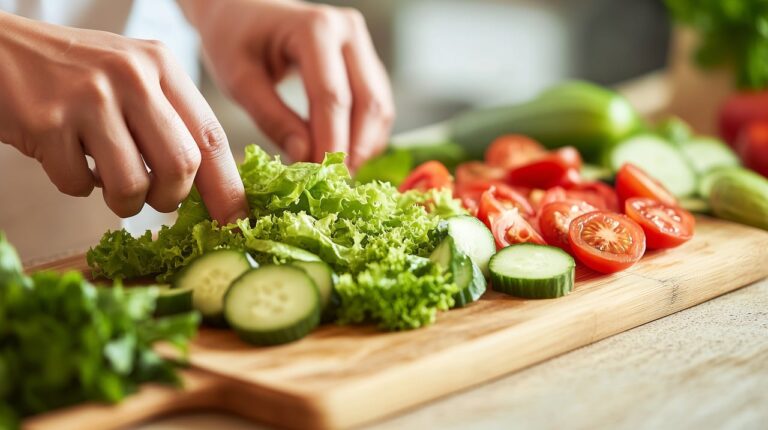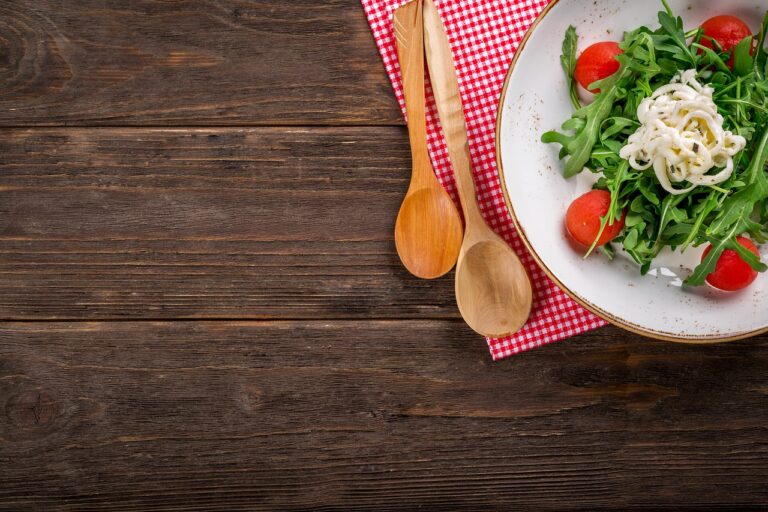Vegan Cooking: A Comprehensive Guide to Plant-Based Delights
Vegan cooking has gained immense popularity in recent years, offering a myriad of health and ethical benefits. Whether you’re a seasoned vegan or just exploring plant-based options, this guide will provide you with everything you need to know about vegan cooking.
Key Ingredients and Pantry Essentials
Vegan cooking revolves around plant-based ingredients that provide essential nutrients.
- Legumes: Black beans, chickpeas, lentils, and beans are excellent sources of protein and fiber.
- Whole Grains: Quinoa, brown rice, and oats offer complex carbohydrates, fiber, and vitamins.
- Fruits and Vegetables: A rainbow of produce provides vitamins, minerals, and antioxidants.
- Nuts and Seeds: Almonds, sunflower seeds, and chia seeds add healthy fats, protein, and fiber.
- Vegan Protein Powders: Plant-based protein powders, such as soy, pea, and hemp, supplement protein intake.
Healthy Benefits of Vegan Cooking
Embracing a vegan diet offers numerous health benefits:
- Reduced Risk of Chronic Diseases: Plant-based diets have been linked to a lower risk of heart disease, type 2 diabetes, and certain types of cancer.
- Improved Digestion: High-fiber foods promote regular bowel movements and support a healthy digestive system.
- Weight Management: Vegan diets tend to be lower in calories and saturated fat, facilitating weight management.
- Environmental Impact: Plant-based diets are more environmentally sustainable, reducing greenhouse gas emissions and conserving water.
Basic Techniques for Vegan Cooking
Mastering a few basic techniques is key to successful vegan cooking:
- Mise en Place: Prepare all ingredients beforehand for efficient cooking.
- Soaking and Sprouting: Soak legumes and nuts to enhance nutrient absorption and reduce cooking time.
- Sautéing and Steaming: Cook vegetables with minimal oil to preserve nutrients.
- Roasting and Grilling: Brown vegetables for maximum flavor and texture.
- Breading and Baking: Coat vegetables or tofu with bread crumbs or flour for a crispy exterior.
Recipe Ideas for Every Meal
From breakfast to dinner and everything in between, there are countless vegan recipes to satisfy every palate:
- Breakfast: Oatmeal with berries and nuts, vegan pancakes with fruit compote, tofu scramble with vegetables
- Lunch: Bean burritos with brown rice, vegan soup and salad, grain bowls with roasted vegetables and quinoa
- Dinner: Lentil shepherd’s pie, pasta with marinara sauce and vegetables, tofu stir-fry with brown rice
Tips and Tricks for Beginners
Navigating vegan cooking can be easy with these helpful tips:
- Experiment with Flavors: Use herbs, spices, and sauces to create flavorful and exciting dishes.
- Use Vegan Substitutes: Find plant-based alternatives to dairy, eggs, and meat, such as soy milk, flax eggs, and tempeh.
- Don’t Be Afraid to Make Mistakes: Learning takes time and practice. Embrace any mishaps as opportunities to improve your cooking skills.
- Join a Community: Connect with other vegans through online forums or local support groups for inspiration and advice.
Conclusion
Vegan cooking is a delicious, nutritious, and ethical approach to eating. By incorporating plant-based ingredients, mastering basic techniques, and following the tips outlined above, you can effortlessly create mouthwatering meals that nourish your body and the planet. Embrace the world of vegan cooking and enjoy the myriad of culinary adventures that await you.

























